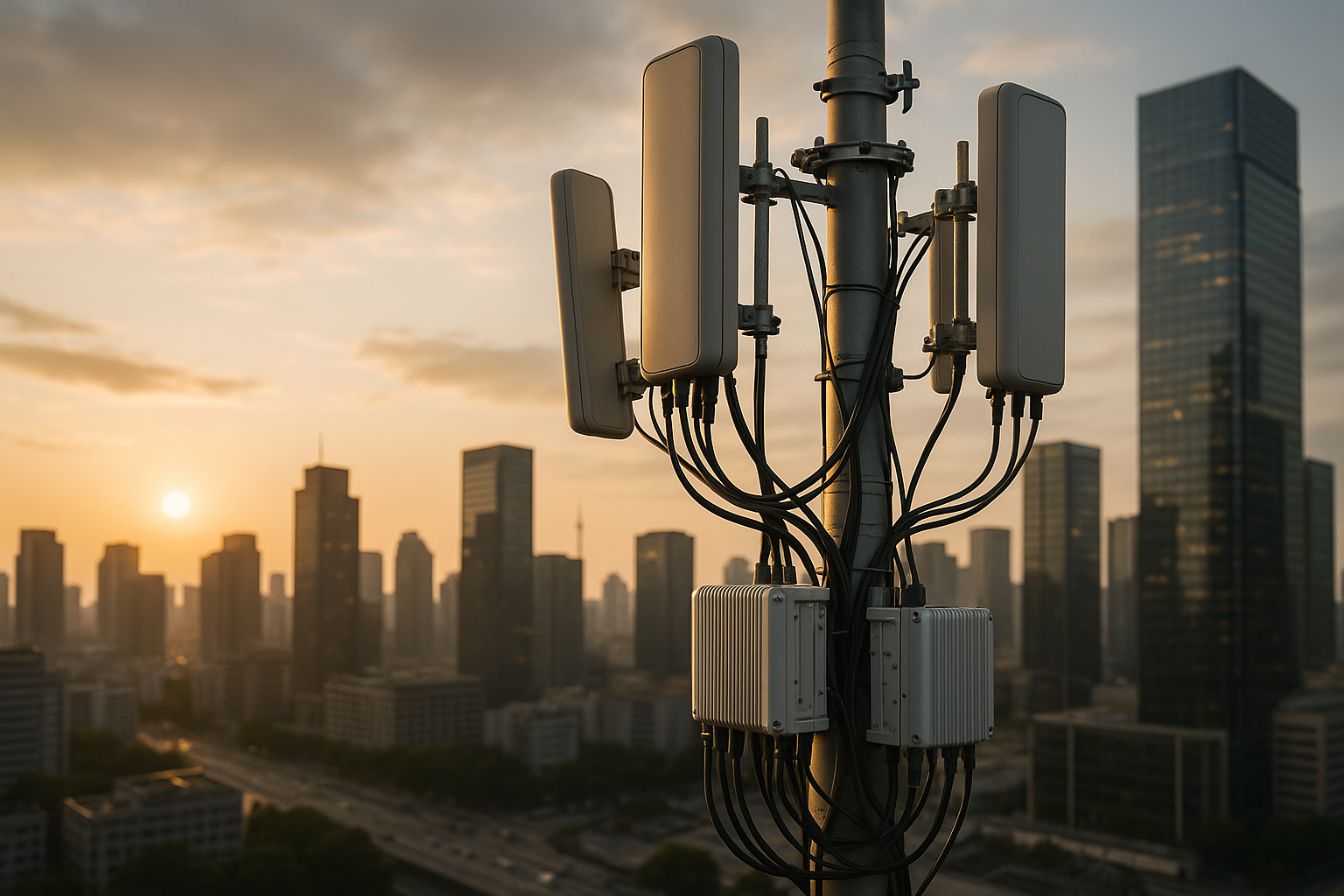The Emerging Role of Telecommunication in Smart Cities
The world is becoming more connected than ever, and telecommunications plays a vital role. With the rise of smart cities, it's clear that our future will be interwoven with advanced technology and optimized connectivity. But what does it mean for our everyday lives?

The Concept of Smart Cities
Smart cities are urban areas that use different types of electronic methods and sensors to collect data. Insights gained from that data are used to manage assets, resources, and services efficiently. The term ‘smart city’ is relatively recent, tracing its origins back to around the turn of the millennium. The idea has been fuelled by rapid advances in technology, particularly in the fields of digital communication and internet connectivity.
The Role of Telecommunications in Smart Cities
Telecommunications is the backbone of any smart city. It’s the medium through which data is collected, transmitted, and processed. The integration of telecommunications in smart cities ranges from basic services like broadband connectivity to more advanced applications like remote monitoring and control of urban infrastructure. This connectivity is critical not only for efficient city operations but also for creating an environment where citizens can participate in their communities in new and engaging ways.
Current Trends in Smart City Development
One of the key emerging trends in smart city development is the increasing use of AI and machine learning algorithms. These tools can analyze vast amounts of data in real-time, helping to optimize city operations and improve decision-making. There is also a growing emphasis on citizen engagement, with many cities implementing digital platforms that allow residents to interact with local government, report issues, and access services online.
Understanding the Impact
The impact of smart cities extends beyond mere convenience. They can lead to significant improvements in quality of life, environmental sustainability, and economic development. For example, smart traffic management systems can reduce congestion and pollution, while intelligent energy grids can optimize power consumption and reduce waste.
Overcoming Challenges
Despite the potential benefits, the development of smart cities is not without challenges. There are significant hurdles to overcome, including infrastructure costs, privacy concerns, and the need for robust cybersecurity measures. However, with ongoing advancements in technology and a growing understanding of the smart city concept, these challenges can be addressed.
In conclusion, telecommunications is playing a pivotal role in the evolution of our urban environments. As we move towards a future of interconnected smart cities, the importance of this industry will only continue to grow. It’s an exciting time to be involved in telecommunications, as we have the opportunity to shape the future of our cities and improve the lives of millions of people.






